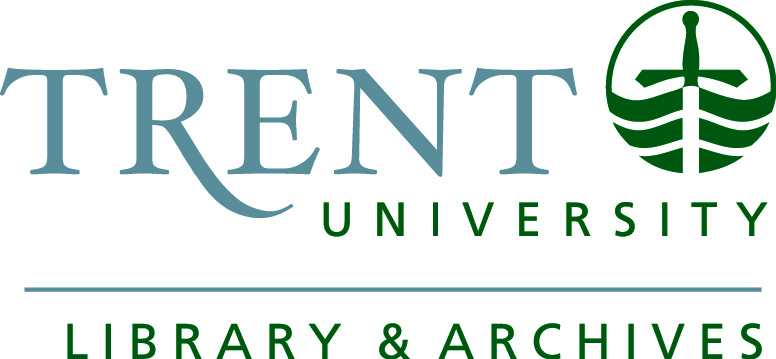The Documentation and Cultural Centre of German Sinti and Roma
This museum explores Nazi persecution of Gypsies during Holocaust. It contains the only exhibition about the Sinti and the Roma and the Holocaust in the world. The Nazi genocide of the Roma and Sinti is less well-known than the Holocaust, in part because the Roma and Sinti were more marginalized than Jews before the Nazis came to power because of greater levels of poverty and illiteracy and less organization by Roma and Sinti communities, historians say. In fact, because of the number of Sinti and Roma living before the Holocaust isn’t clear — many of them were nomadic — neither is their death toll. Historians estimate 500,000 were exterminated as part of the Nazis’ attempted annihilation of entire peoples they deemed subhuman. The center describes how it happened, through documents and photographs from the Nazis juxtaposed with family photographs of the murdered and some of their personal histories. The director of the Centre and chairman of the Central Council of German Sinti and Roma is Romani Rose. As someone who lost 13 family members in concentration camps, Rose has been very committed to seeing the Centre prosper and accurately relay the stories of those persecuted.
Alongside its function as a museum for contemporary history and a site for commemorating the past, the Centre also provides a setting for encounters and dialogue. A significant part of its public relations work is devoted to human rights, and making certain that no group or minority is overlooked as the Roma and Sinti were for four decades after the second World War. Centre seeks to lend its voice to all those who have suffered discrimination and racist violence. In view of the persecution of the Roma and Sinti under National Socialism, the Centre feels an obligation to provide a forum for critical debate on pressing socio-political issues.
One of the Centre's tasks is to document the 600-year history of the Sinti and Roma in Germany, but its main focus remains the acts of genocide perpetrated by the National Socialists: acts that were repressed from public consciousness for several decades. Hence, ever since it was founded, the Centre has attached priority to interviewing surviving Holocaust victims and preserving their memories on tape and video. In addition to carrying out extensive archive research at home and abroad, the Centre's staff also systematically gathers personal testimonies from survivors and their relatives. Old family photographs are of particular interest in this respect, as the photographs serve as a medium to showcase how the lives of the countless victims were destroyed.
Area(s) of Focus
Entry type
Year
Address
Heidelberg
Germany

